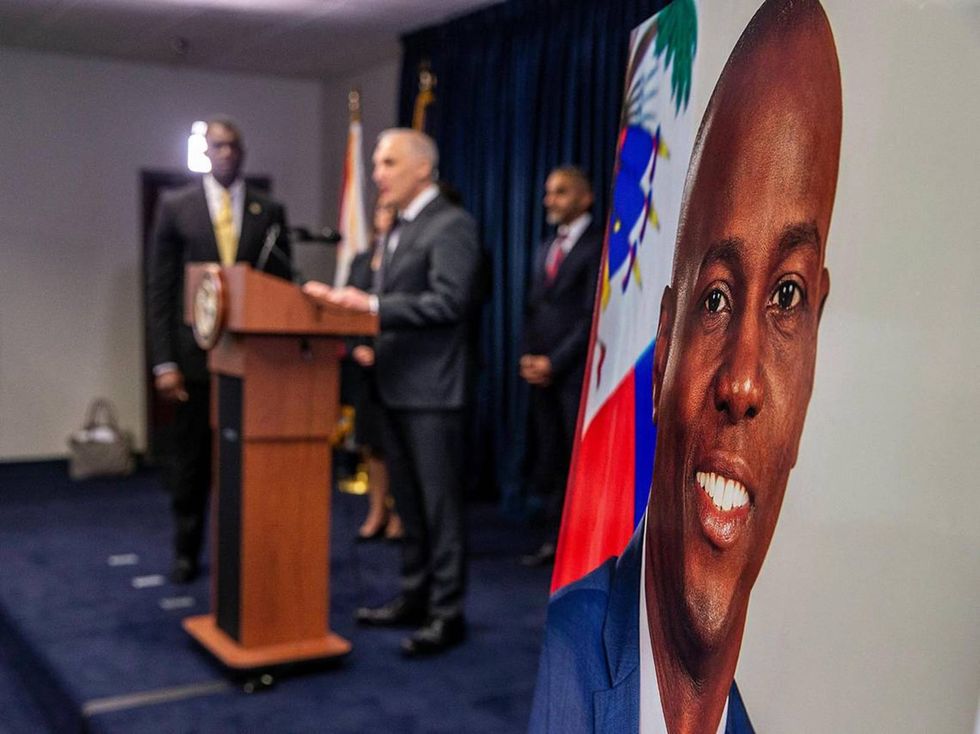Miami Confidential Informant Expected to Plead Guilty in Assassination Conspiracy
Insight into a Deadly Plot
A former confidential informant for the Drug Enforcement Administration, Joseph Vincent, is set to plead guilty for his involvement in the conspiracy to assassinate Haitian President Jovenel Moïse. Vincent, who originally resided in South Florida before becoming entangled in the deadly plot in Haiti, will be the fourth defendant out of the 11 individuals currently charged in Miami federal court for the killing. The details of his participation in meetings both in South Florida and Port-au-Prince shed light on the complexity and international nature of this shocking assassination.
Unraveling a Web of Intrigue
The case of Joseph Vincent underscores the murky world of confidential informants and undercover operations. His transition from assisting law enforcement in the United States to being implicated in a high-profile political assassination demonstrates the unpredictable and often dangerous nature of such assignments. The fact that this plot spanned across borders and involved multiple individuals highlights the challenges faced by authorities in thwarting such sinister schemes.
The Impact on Individuals
For Joseph Vincent, the decision to plead guilty marks a turning point in his life. From once being a trusted informant to facing criminal charges for his involvement in a politically motivated murder, he now faces a future filled with legal consequences and potential repercussions. The emotional toll of his actions, as well as the weight of betraying the trust of law enforcement, will likely haunt him for years to come.
Global Ramifications
On a broader scale, the implications of this assassination conspiracy reach far beyond the borders of Haiti. The fact that individuals in South Florida were allegedly involved in planning the murder of a foreign head of state raises questions about the international reach of criminal networks and the challenges of combating transnational crime. The fallout from this case may lead to increased scrutiny of confidential informants and the risks involved in undercover operations.
Conclusion
In conclusion, the case of Joseph Vincent and his anticipated guilty plea shed light on the complexities of undercover work and clandestine operations. The impact of his involvement in the conspiracy to assassinate President Moïse extends beyond the individuals charged in this case, highlighting the global nature of criminal activities and the challenges faced by law enforcement in preventing such heinous acts. As this story continues to unfold, it serves as a stark reminder of the dangers inherent in navigating the shadowy world of confidential informants and international crime.
How this will affect me:
The case of Joseph Vincent serves as a cautionary tale for individuals involved in undercover operations and confidential informant work. It underscores the potential risks and moral dilemmas faced by those who choose to assist law enforcement in criminal investigations. The fallout from his guilty plea may lead to increased scrutiny and regulation of informant activities, potentially impacting the way informants are recruited, managed, and utilized in future cases.
How this will affect the world:
The implications of this assassination conspiracy extend beyond the individuals directly involved, highlighting the global nature of criminal networks and the challenges of combating transnational crime. The case may lead to increased cooperation among international law enforcement agencies in addressing similar threats and ensuring the security of political leaders across borders. It also underscores the need for greater transparency and accountability in undercover operations to prevent such tragic events from occurring in the future.





